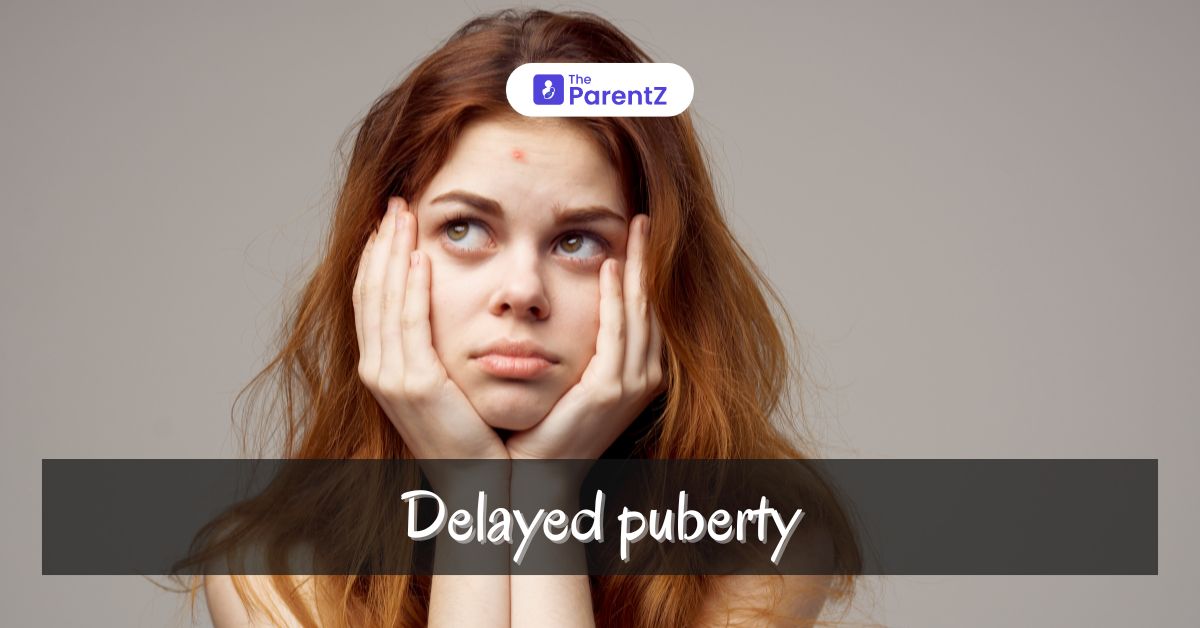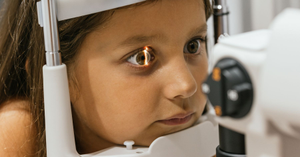What is Delayed Puberty?
Puberty is the physical process through which the body of a child starts maturing into that of an adult. The age at which a child goes through puberty is a wide range. This range is between the ages of 8 to 14 for girls and 9 to 15 for boys. It is normal for different children to hit puberty at different ages as long as they fall within this sge range.
In cases of delayed puberty, the child goes through the age when puberty is supposed to start without showing any signs of physical maturation. Your child’s doctor will diagnose delayed puberty on the basis of a set of guidelines laid down by medical organisations.
What are the signs of puberty?
Puberty changes in the body of a child are due to an increase in the amount of sex hormones in the body around this age. These hormones are responsible for the physical changes and include estrogen in girls and testosterone in boys.
The physical changes of girls are-
- The breasts start to develop and enlarge.
- Hair growth starts in pubic and axillary area.
- Child undergoes a growth spurt and shoots up in height.
- There is the start of menstruation or periods.
The physical changes of boys are-
- There is an enlargement of testicles and penis.
- Hair growth starts in pubic and axillary area.
- Child undergoes a growth spurt and shoots up in height.
- The voice starts to deepen.
What happens in delayed puberty?
In delayed puberty, the normal maturation or development of body which is supposed to be happening does not occur.
What are the causes of delayed puberty?
There are several different causes of the delayed puberty:
- The child suffering from a chronic illness may have delayed puberty. Such chronic conditions include but are not limited to kidney diseases, diabetes and autoimmune disorders.
- A child who is suffering from malnutrition or has an eating disorder can also undergo delayed puberty.
- Children who have a problem in that thyroid or pituitary gland can have delayed puberty.
- Children suffering from chromosomal disorders which includes Turner’s and Down’s may have a delayed puberty.
How is delayed puberty managed?
It is very common that your child’s doctor may find no physical problem which is hindering their development. Your child may just be developing a little later than peers and will develop at their own pace in the upcoming years.
For children who have been diagnosed with delayed puberty, a short course of hormone replacement is usually prescribed. Boys are given a short course of testosterone replacement and girls are given a short course of low dose estrogen replacement. Hormone replacement is given for a few months following which the body starts production of adequate amounts of hormones itself. In case, the body is not able to do so, lifetime hormone replacement can be considered.
How can I help as a parent?
It is essential for you to understand that it may be difficult for your child to watch their peers grow and mature while the same does not seem to be happening to them. They might be bullied in social situations and further the child can have low self esteem with body image issues.
You should try to boost the child’s self esteem and body image by teaching them to accept their body the way it is. You can do so by having an open discussion about the situation and making them understand that it is a condition which can be solved with proper treatment. But at the same time you should also emphasize that having a differently shaped or supposedly not mature body is not a problem in itself and they should accept themselves as they are.
In the meantime you should keep them engaged in activities in which they’re interested or excel in. Make sure they get properly nutrition and sleep. You should lead by example and be a good body image role model. If you feel that your child is showing depressed tendencies or suffering from other social issues, you can always consider consulting a therapist as well.








Be the first one to comment on this story.